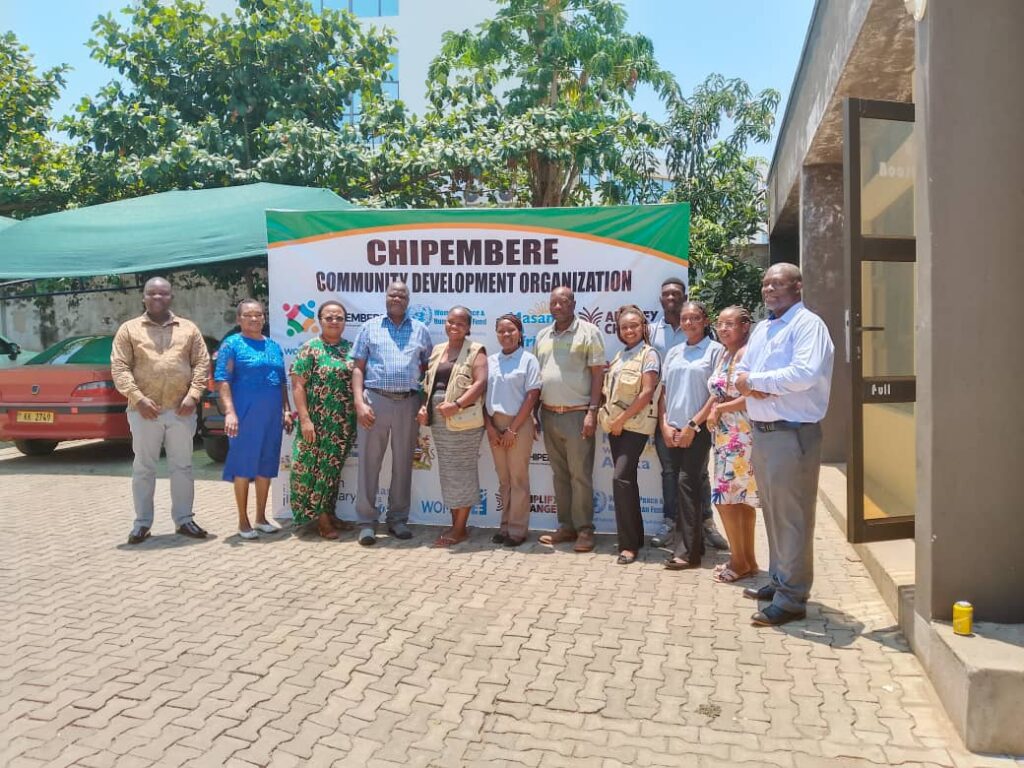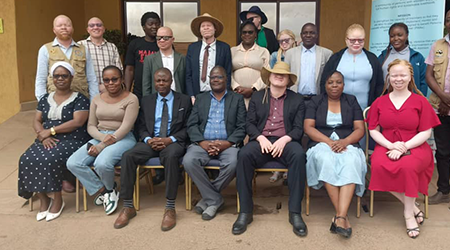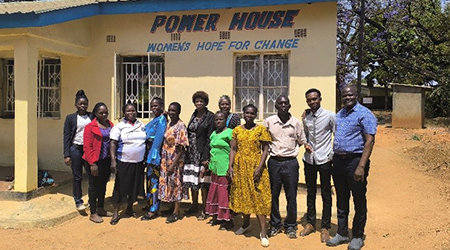Service Details
- Home
- Service Details

Research
HIFA Consulting’s Research thematic area focuses on generating evidence to inform decision-making, improve program design, and enhance the effectiveness of development initiatives. This area is pivotal to understanding the needs of communities and ensuring interventions are data-driven, inclusive, and impactful.
Key Focus Areas
Water, Sanitation, and Hygiene (WASH):
- Research on access to clean water, improved sanitation, and hygiene practices.
- Assessing the impact of WASH interventions on community health and well-being.
- Identifying gaps and opportunities for sustainable solutions.
Sexual and Reproductive Health and Rights (SRHR):
- Investigating barriers to accessing reproductive health services, particularly for young women and adolescents.
- Evaluating the impact of programs aimed at improving maternal health, family planning, and SRHR education.
Gender Equality and Social Inclusion (GESI):
- Researching the integration of gender-responsive approaches in development projects.
- Understanding the challenges faced by marginalized groups and assessing the effectiveness of inclusive strategies.
Youth and Women Empowerment:
- Exploring socio-economic barriers hindering the empowerment of women and youth.
- Studying initiatives that foster entrepreneurship, education, and leadership among these groups.
Child Protection and Safeguarding:
- Conducting assessments on child safety mechanisms in communities and institutions.
- Evaluating the effectiveness of programs aimed at preventing abuse, exploitation, and neglect.
By focusing on these areas, HIFA Consulting ensures that development projects align with their intended objectives and deliver tangible, positive outcomes for communities.

Focus group discussions with local stakeholders to ensure participatory research.

Meeting with project stakeholders to discuss research findings and next steps.
Approaches and Tools
- Mixed Methods Research: Combining qualitative and quantitative approaches to ensure comprehensive findings.
- Digital Data Collection Platforms: Leveraging advanced tools like Open Data Kit (ODK), KOBO Collect, and RED Cap for efficient and accurate data gathering.
- Community Engagement: Engaging stakeholders through Focus Group Discussions (FGDs), Key Informant Interviews (KIIs), and participatory methodologies.
Expected Outcomes
- Evidence-based recommendations to guide program implementation and policy development.
- Enhanced understanding of community needs and the impact of interventions.
- Strengthened capacity for stakeholders to adopt and implement data-driven strategies.








